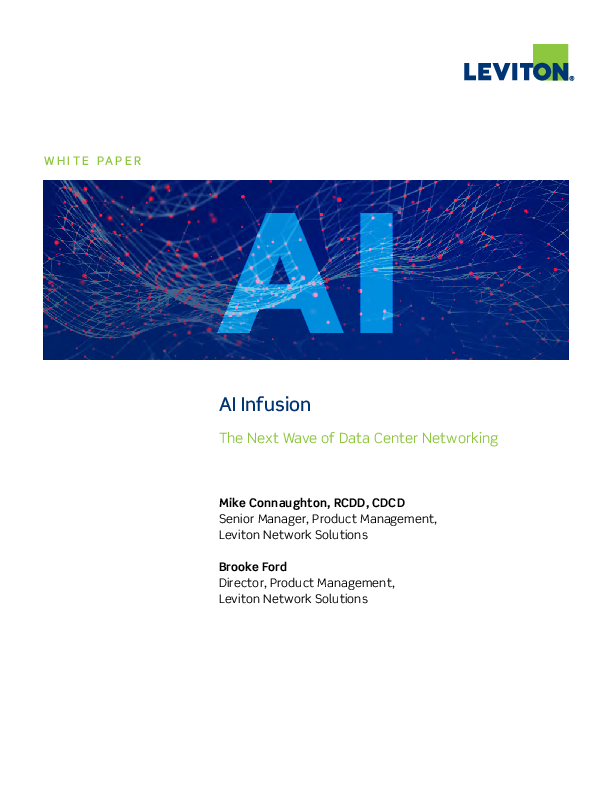

Πελάτης: Camunda Services GmbH
Μορφή: Guide
Μέγεθος: 80 KB
Γλώσσα: Αγγλικά
Ημερομηνία: 16.09.2024
How to Align Your Financial Services Processes with a Business Strategy
Are your business processes generating efficiency and business value for your financial services organization? According to the 2024 State of Process Orchestration Report, 91% of companies have seen increased business growth due to process automation within the last year. In addition, 95% say automation has helped achieve operational efficiency, and 93% say automation has helped improve customer experiences.
The key to achieving these successes is to think beyond project-based automation work toward strategic, scaled adoption of process orchestration.
The financial services sector faces complex challenges like regulatory changes, cost pressures, and an increasing need for improved customer experience. To stay ahead of the competition, teams need to enhance efficiency and improve their customer experiences. Automation is a clear strategic imperative that aligns to these goals. Process orchestration is an ideal way to get business value out of automating core business processes, transform how firms operate, and gain competitive advantage.
The key to achieving these successes is to think beyond project-based automation work toward strategic, scaled adoption of process orchestration.
The financial services sector faces complex challenges like regulatory changes, cost pressures, and an increasing need for improved customer experience. To stay ahead of the competition, teams need to enhance efficiency and improve their customer experiences. Automation is a clear strategic imperative that aligns to these goals. Process orchestration is an ideal way to get business value out of automating core business processes, transform how firms operate, and gain competitive advantage.
However, many teams make the mistake of focusing on distinct projects and point solutions for automation, to the detriment of a holistic approach. For example, you may be automating simple processes (e.g. credit score checks and approvals) with a point solution, but may not have full visibility into the impact this has on your end-to-end processes.
A holistic approach includes:
▪ Aligning stakeholders on a strategy: Which automated processes are the most valuable to the organization’s business priorities? Can you effectively prioritize the highest value return use cases?
▪ Measuring success: Are you choosing both the right process metrics and business KPIs to measure?
▪ Continuous improvement: Do you have a way to leverage these metrics to optimize your processes, or continuously improve them over time?
This guide will help you answer these questions and more, advancing your process orchestration maturity. While many industries share the same challenges, we’ll take a financial services-focused view of how to align your processes with a business strategy. But first, let’s look at some steps organizations can take at a high level to achieve alignment.




